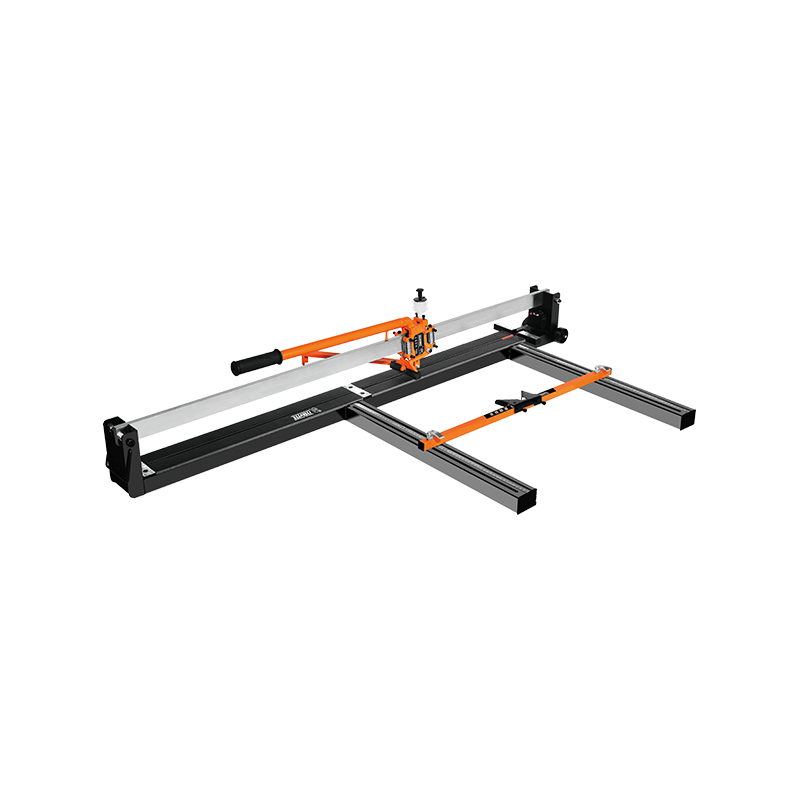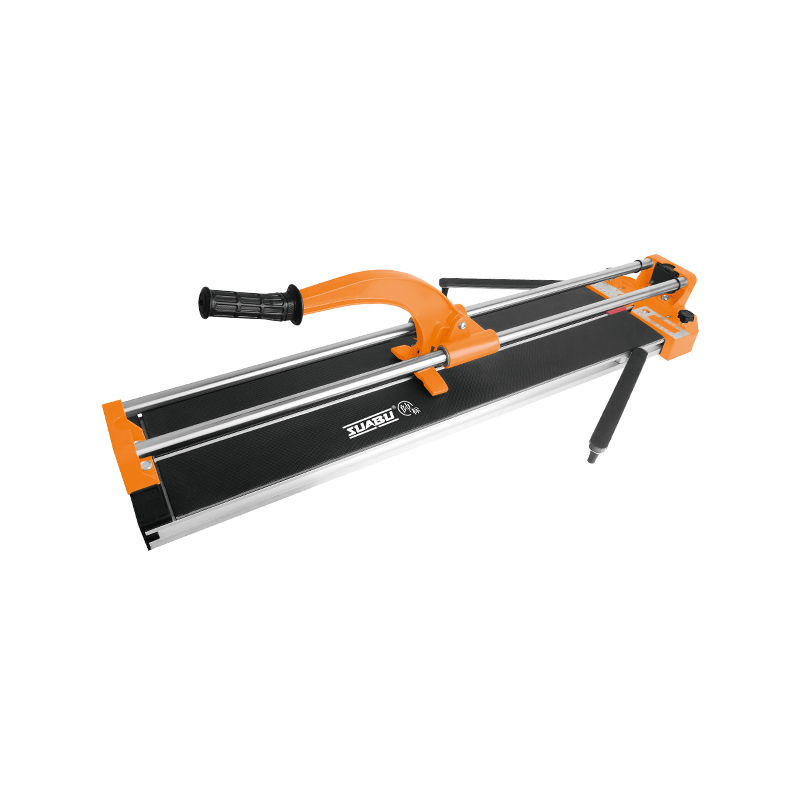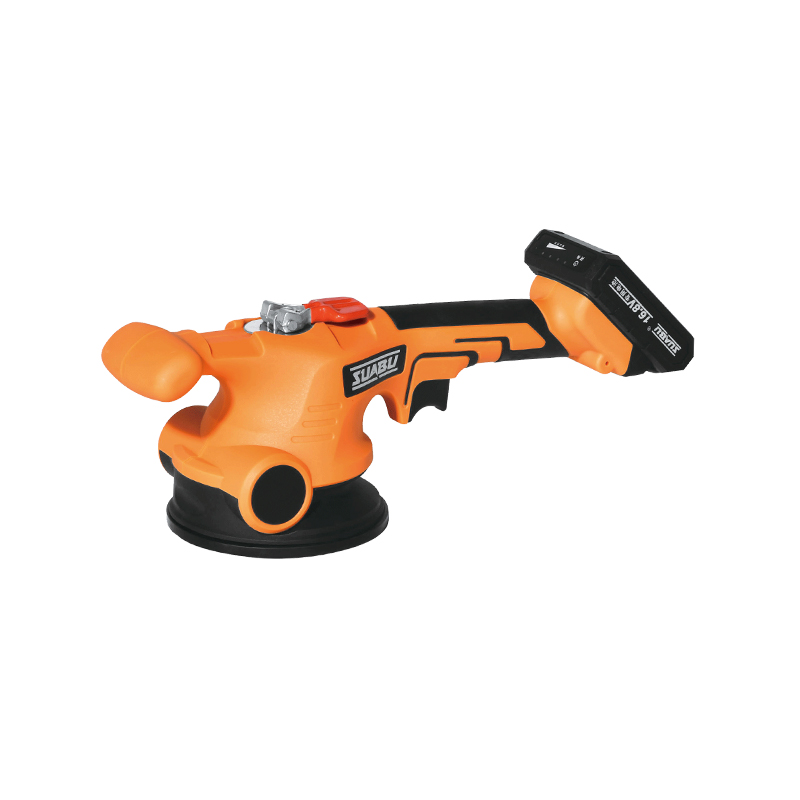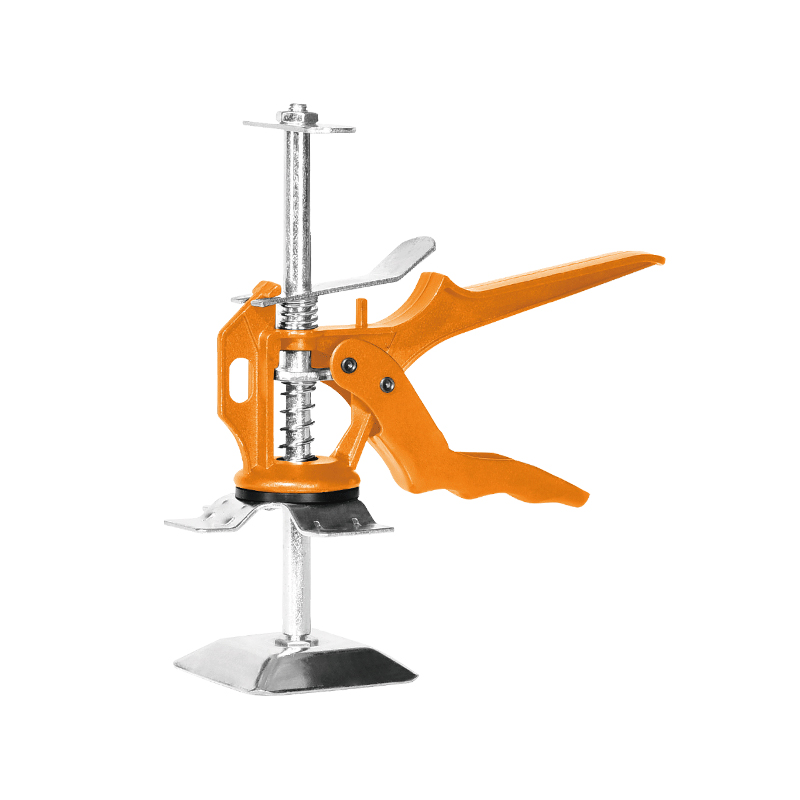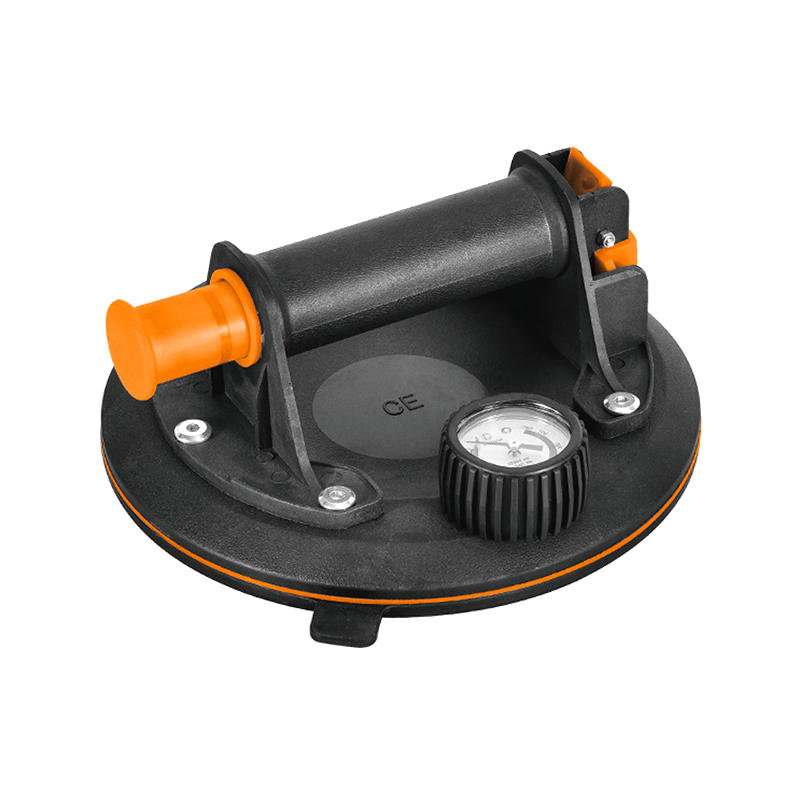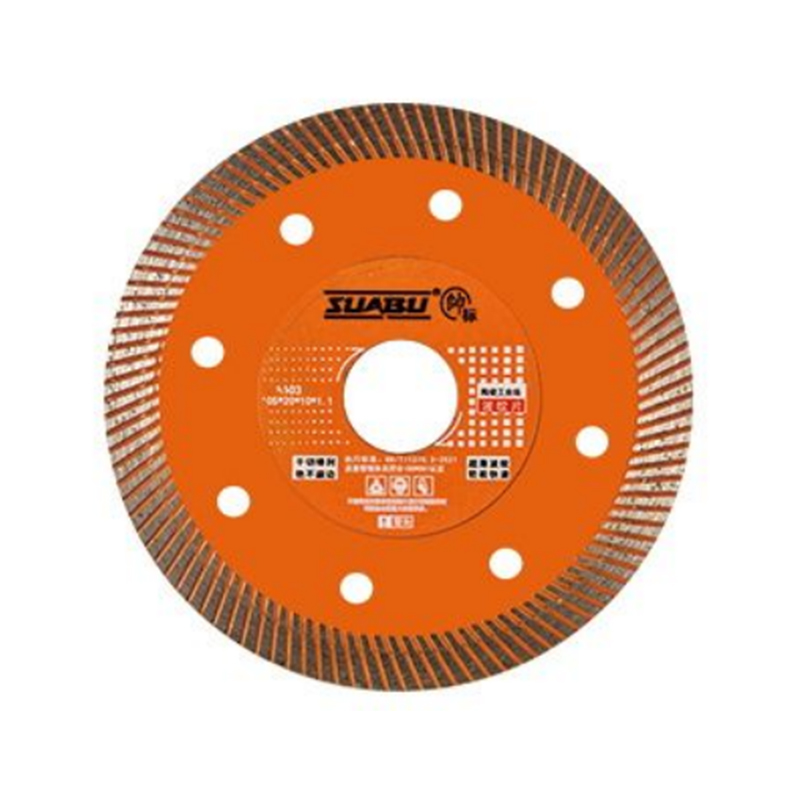Factors That Influence The Pricing Of Tile Vibration Machines
2025-04-04
Sale Wholesale Tile Vibration Machine Beater Suction Cup Price
When considering the purchase of a tile vibration machine, one of the one questions that arises is about the tile vibration machine price. The cost of these machines can vary significantly, depending on several factors. Understanding these factors is essential for making an informed purchasing decision. In this article, we will explore the various elements that influence the price of tile vibration machines and help you navigate through the decision-making process.

1. Machine Specifications and Features
One of the primary factors affecting tile vibration machine price is the machine's specifications and features. The more advanced the features, the higher the price tends to be. For example, tile vibration machines equipped with digital controls, automated settings, or specialized vibration frequencies will typically be priced higher than simpler models. Additionally, the machine's capacity plays a critical role in determining the price. Machines designed for larger-scale production, with higher vibration forces or greater load-bearing capabilities, are generally more expensive.
2. Material Quality and Durability
The material quality of the components used in a tile vibration machine directly impacts the price. Machines made from high-quality, durable materials such as stainless steel or advanced composites often have a higher price tag. These materials ensure that the machine can withstand the intense wear and tear that comes with continuous use in industrial settings. Investing in a high-quality machine may initially cost more, but it can result in lower maintenance costs and longer service life, which makes it a worthwhile consideration in terms of overall cost-effectiveness.
3. Manufacturing Process and Technology
Another key factor influencing tile vibration machine price is the complexity of the manufacturing process and the technology used in the machine’s production. Machines that incorporate advanced technology, such as automated systems, integrated sensors, and computerized controls, are typically more expensive. The precision required for manufacturing these machines, along with the integration of sophisticated technology, adds to the production cost, which in turn affects the tile vibration machine price.
4. Brand Reputation and Market Demand
Brand reputation plays a significant role in the pricing of tile vibration machines. Well-established brands that have built a reputation for reliability and performance tend to price their machines higher due to consumer trust in their products. The demand for these machines also influences their price. When demand is high for tile vibration machines, prices may rise as manufacturers cater to market trends. Conversely, when demand is lower, prices may become more competitive, allowing buyers to find machines at a reduced cost.
5. Customization and Specialized Options
Tile vibration machines can often be customized to meet specific production needs. The level of customization required will impact the tile vibration machine price. Machines designed for specialized applications, such as those needing unique sizes, shapes, or vibration patterns, will cost more than standard models. Customization adds complexity to the manufacturing process, which results in higher costs for both materials and labor, thus increasing the price of the machine.
6. Import and Shipping Costs
For businesses that are importing tile vibration machines, shipping and import costs are additional factors that can raise the overall price. These costs can vary depending on the machine’s origin, the size and weight of the machine, and the distance it needs to travel. Import taxes, customs fees, and shipping logistics all contribute to the final tile vibration machine price. It is essential for buyers to factor in these additional costs when budgeting for the purchase.
7. After-Sales Service and Warranty
After-sales services and warranties are another important consideration that can influence the tile vibration machine price. Machines that come with extended warranties or include maintenance services may have a higher upfront cost, but these features can provide long-term value by reducing maintenance expenses and ensuring that any issues are addressed promptly. A comprehensive after-sales service package can be particularly valuable for businesses that rely heavily on their machines for production and cannot afford downtime.
8. Quantity and Bulk Purchases
Finally, the quantity of tile vibration machines purchased can impact the price per unit. Typically, purchasing in bulk will result in a lower per-unit price, as manufacturers or suppliers are willing to offer discounts for large orders. If a business requires several machines, it may be able to negotiate a more favorable price, thereby reducing the overall expenditure on tile vibration machines.
In conclusion, the tile vibration machine price is influenced by various factors, including machine specifications, material quality, manufacturing technology, brand reputation, and the level of customization. It is important for businesses to evaluate their specific needs, production volume, and budget when considering the purchase of a tile vibration machine. By understanding these factors, buyers can make a well-informed decision and choose a machine that provides the ideal value for their investment. As you explore options for tile vibration machines, remember that the price reflects not only the quality and features of the machine but also the long-term benefits it can offer in terms of performance, durability, and efficiency.

